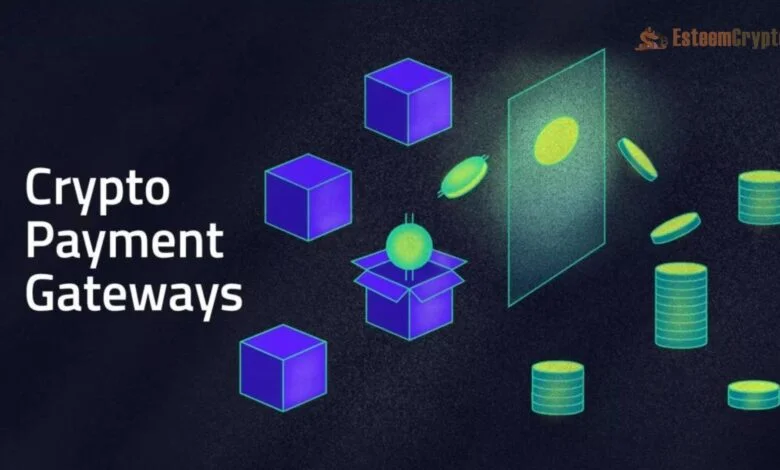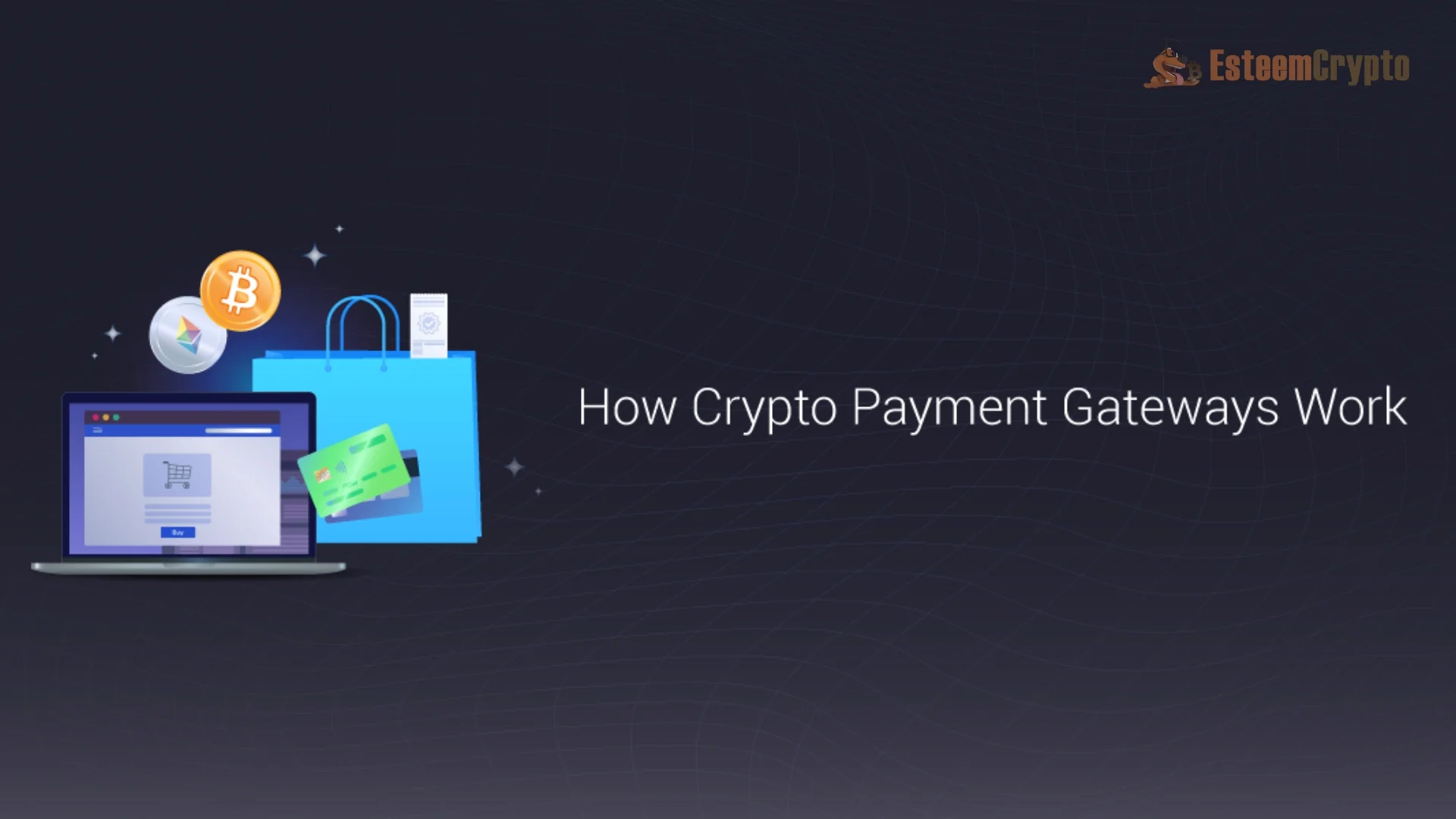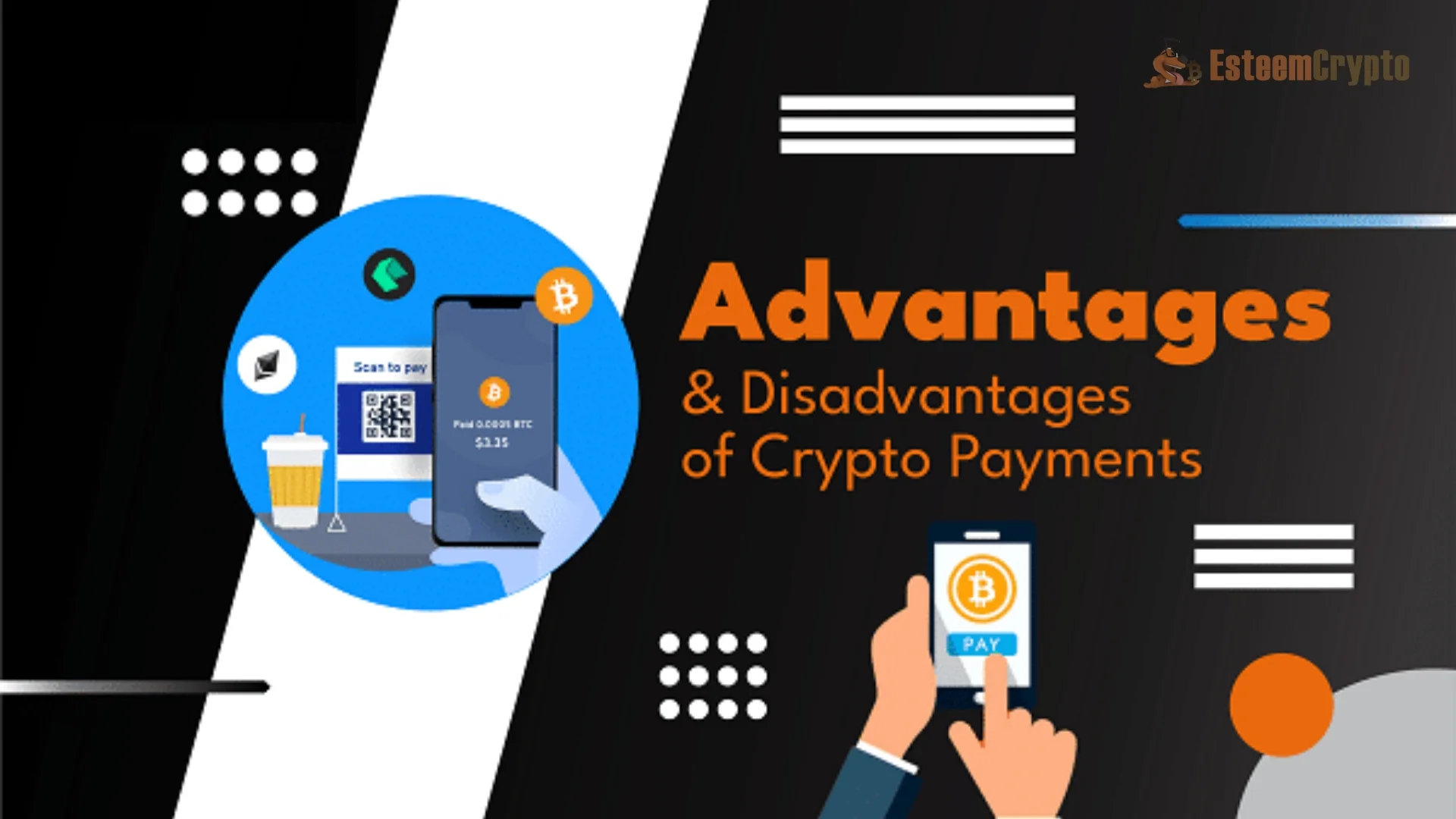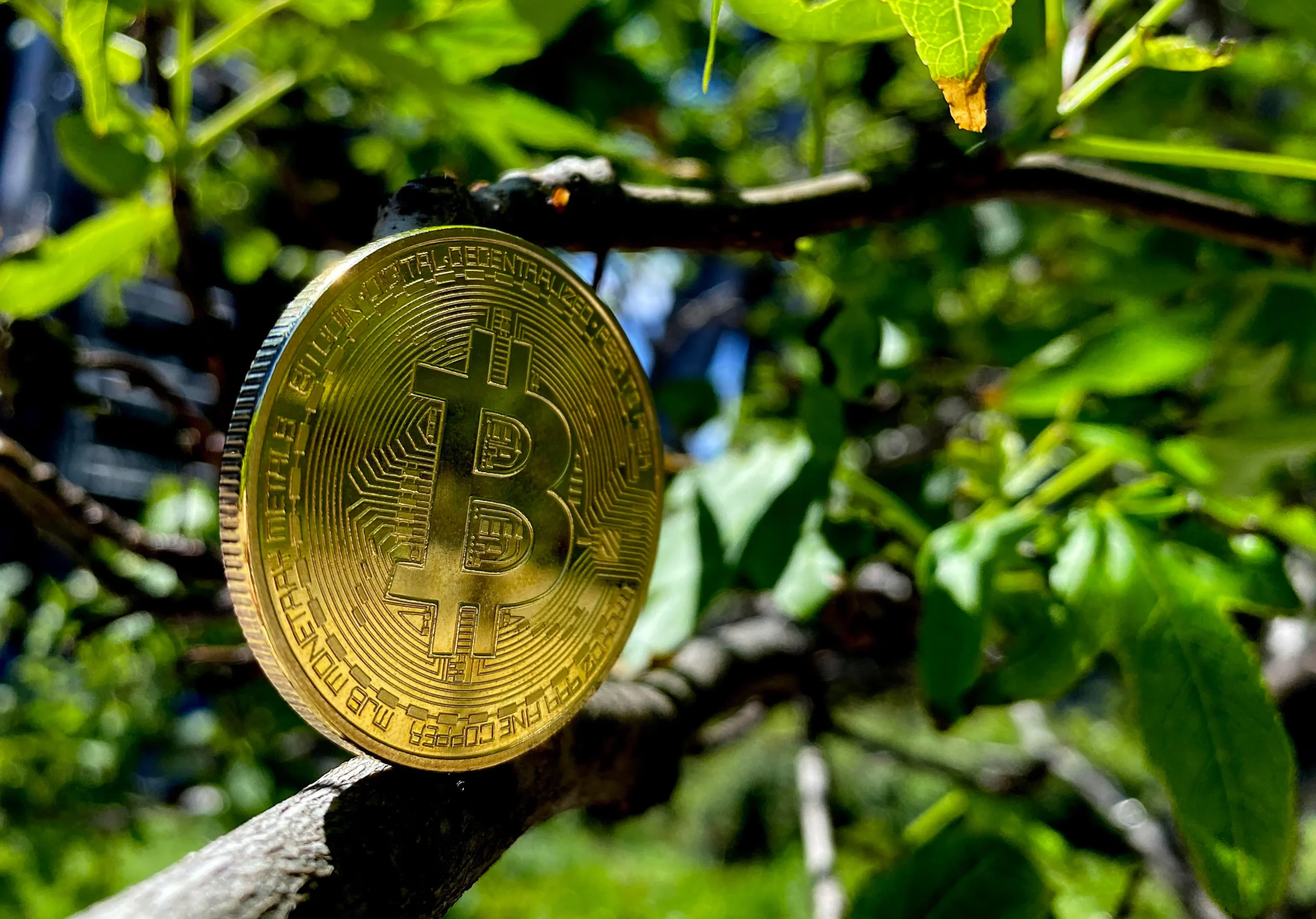Crypto Payment Gateways—How Do They Work?

Crypto Payment Gateways. While blockchain technology is being deployed in various areas, including healthcare, academics, supply chain, and others, payment processors for digital currencies are also being developed in parallel. For their operations to be successful, businesses willing to accept cryptocurrencies as a payment option rather than fiat currency depend on crypto payment gateways.
A cryptocurrency payment gateway can provide a straightforward method for a retailer to adopt cryptocurrency. The merchant does not need to worry about maintaining a cryptocurrency wallet or converting digital currency into local currency. This not only makes it easier for a business to offer cryptocurrency payment choices but also makes it easier for digital currencies to gain wider acceptability worldwide. This article will discuss the function of Bitcoin payment gateways in the cryptocurrency market, their benefits and drawbacks, and the steps involved in operating a cryptocurrency payment gateway.
What is a Crypto Payment Gateway?
Cryptocurrency payment gateways such as BitPay, PayPal, and Coinbase Commerce are implemented to handle and facilitate the processing and reception of Bitcoin payments for merchants. Fiat currencies are deposited into enterprises’ bank accounts as compensation. As a result, businesses can provide clients with different payment options, removing any ambiguities associated with cryptocurrencies.
On the other hand, cryptocurrency payment processors are not required to accept payments in digital currency. That said, shops can accept cryptocurrencies by using their wallets. On the other hand, Bitcoin payment gateways make it simple for businesses to accept Bitcoin as a form of payment in addition to fiat currency and settle transactions in real time.
In addition, there are two distinct categories of cryptocurrency payment gateways: custodial and non-custodial. Regarding custodial cryptocurrency non-custodial ways, non-custodial merchants’ profit is deposited into their accounts; once this occurs, the merchants can begin withdrawing coins to their wallets. On the other hand, non-custodial cryptocurrency payment gateways are non-custodial for nothing: non-custodial processing of the payment and swiftly transferring the profit to the seller’s wallet.
In contrast, a bank account and the proper payment system are connected through a fiat payment gateway. This type of gateway is limited to taking only national currencies such as the United States dollar, euro, and other such currencies, and it is not capable of functioning as a gateway for converting fiat currency to cryptocurrency. Payments made using bank cards and electronic wallets can be accepted or rejected by fiat payment gateways, depending on the specifics of the consumers’ bank cards.
How Does a Crypto Payment Gateway Work?
If a company wants to offer a demanding payment method but is not yet ready to enter the cryptocurrency market completely, it can use the crypto payment gateway. In exchange, they charge a service fee from their customers to remain operational over the long term. Additionally, the providers get charged a fee for facilitating transfers levied by the transaction validators or miners of the cryptocurrency network. The following is an example of the work that cryptocurrency payment gateways do to execute payments:
- Customers can pay with cryptocurrencies through a cryptocurrency payment gateway whenever they purchase a product or service from a retailer’s website, mobile application, or physical place of business.
- Subsequently, the consumer will be confined to a specific time frame for making a purchase, during which the market exchange rate between their chosen cryptocurrency and their selected fiat currency, such as the British pound, will remain fixed.
- The crypto payment gateway instantly converts the money into your specific fiat currency.
- The money is then sent to the merchant’s account for withdrawal or use for other reasons.
Advantages and Disadvantages of Crypto Payment Gateways
Quick transaction settlements are one perk of crypto payment gateways, which come at the expense of a little network fee (which the service provider will pay) and a service charge (which the clients will pay). The fact that the crypto payment processor is the sole middleman enhances the experience for the consumer.
Also, because blockchain networks are transparent, retailers are safe from chargeback fraud. However, there may be cases where firms do not get the funds after they have left the buyer’s card when using fiat payment systems. In addition to lowering retailers’ volatility risk, crypto payment gateways enable various cryptocurrencies.
However, as crypto payment gateways mediate between sellers and buyers, the settlement is not entirely decentralized. Also, businesses can face problems like postponed payments if the service provider’s operations are down until crypto payment processor problems are resolved. Additionally, businesses can lose money if a cryptocurrency payment channel is compromised.
Due to their role as intermediaries and the addition of their fees to the transaction fees paid on a blockchain network, crypto payment gateways make using the blockchain for payments more costly than doing it directly.
Additionally, merchants must verify that the payment processor can provide a high-quality, dependable, and securely protected service to prevent possible cyberattacks, as crypto payment gateways are centralized entities that necessitate a degree of trust.
Does Binance and Coinbase have a Payment Gateway?
Crypto payment gateways are offered by both Binance and Coinbase, two centralized cryptocurrency exchanges. Furthermore, through the application programming interfaces (APIs) offered by both exchanges, retailers have full creative freedom over the checkout page they create. Application programming interfaces (APIs) mediate data transfer between programs.
Businesses open to cryptocurrency can use Binance Pay, a payment alternative provided by Binance. For a safe and frictionless way to pay with Bitcoin, merchants may set up Binance Pay by showing customers their store’s QR code. To expand their payment alternatives for customers, they can add Binance Pay to their online store for a borderless transaction procedure.
All Binance Pay Merchant Program members must open a Merchant account to begin accepting cryptocurrency payments. Another option is for channel partners to assist businesses in receiving cryptocurrency using Binance Pay. Litecoin (Lite), Shiba Inu (SHIB), ApeCoin (APE), Dai (DAI), and Bitcoin (BTC) are among the ten digital currencies that Coinbase’s crypto payment gateway, Coinbase Commerce, offers.
If a merchant loses track of their 12-word seed phrase, Coinbase cannot retrieve any associated cash because Coinbase Commerce automatically converts all payments to USD. Furthermore, Coinbase deducts a 1% transaction fee from cryptocurrency payments before transferring the money to merchant accounts.
Are Crypto Payment Gateways Safe?
Merchants should research their service providers’ Bitcoin and fiat payment storage practices before deciding on a payment gateway. Other considerations include transaction costs, supported cryptocurrencies, and the platform’s history of hacks and frauds.
Furthermore, it is critical to verify if a crypto payment gateway offers customer care to obtain a prompt resolution in the event of an interruption. Another important thing to do while searching for crypto payment processors is to check their reputation. You can accomplish this by reading reviews from real individuals about their experiences with different service providers on specialist review websites. Then, you can make an informed decision.




